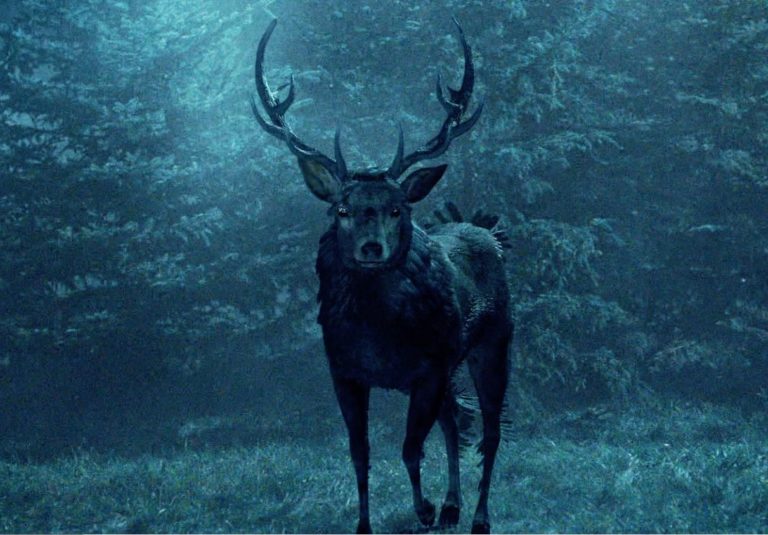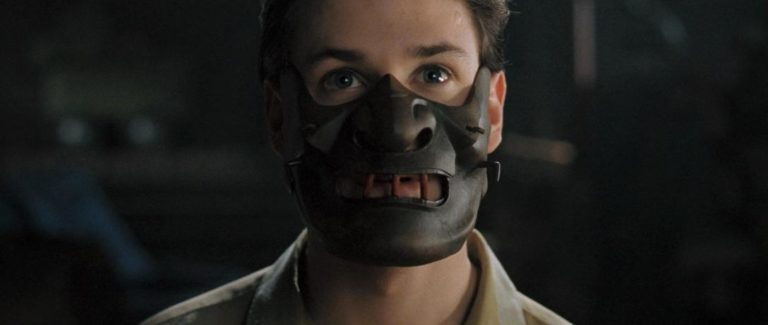Welcome back to a very special bonus entry in the Hannibal Lecter retrospective! In today’s post we’re...
Month: August 2020
Welcome back to the Hannibal Lecter retrospective! In today’s entry we’re going to be looking back at...

